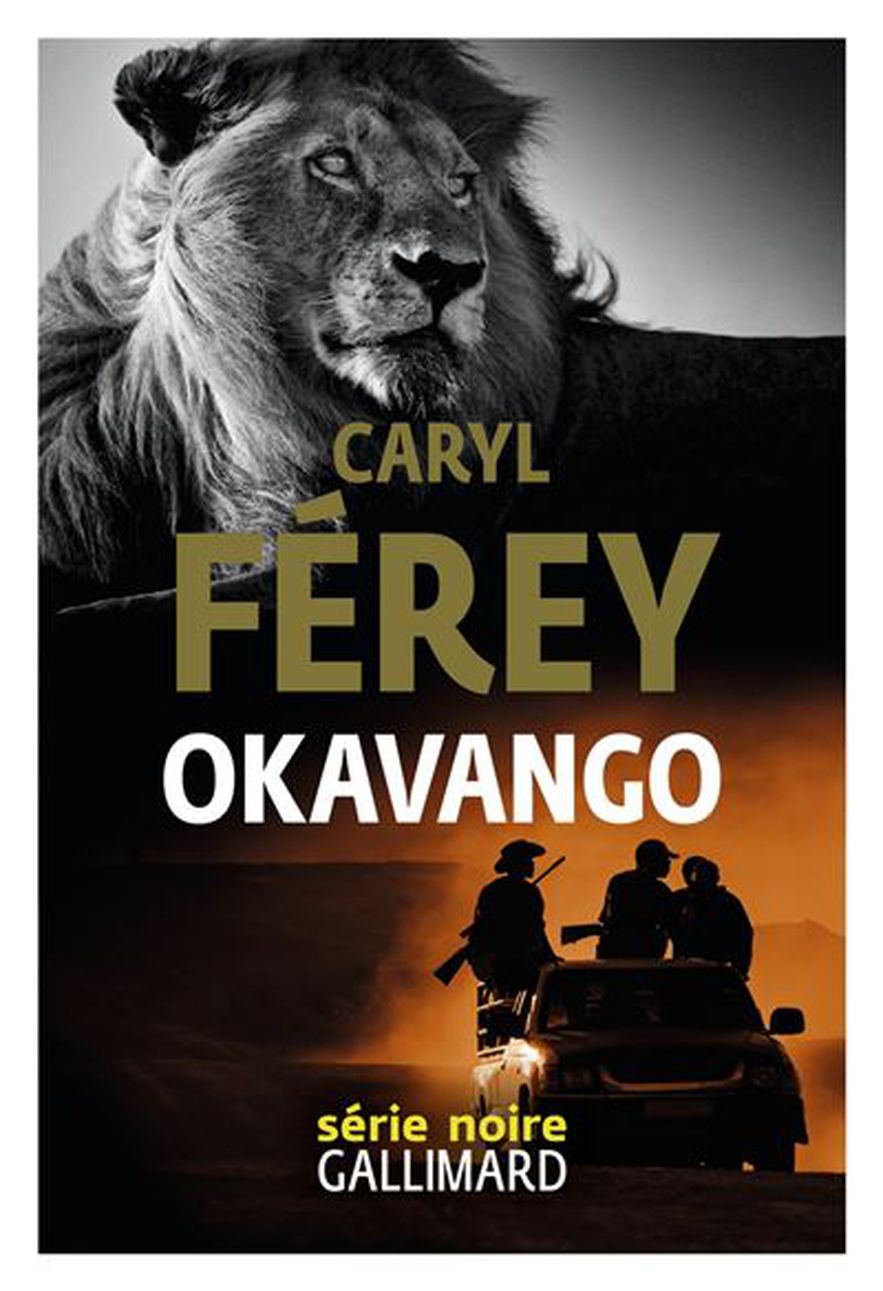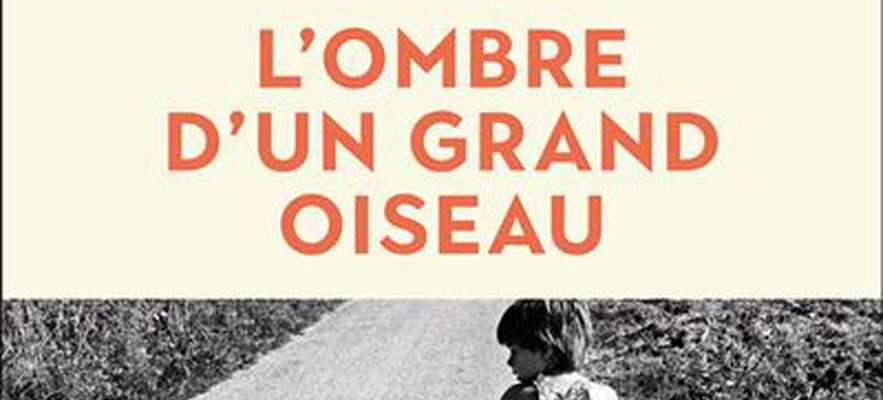The Shadow of a Big Bird
By Catherine Poulain.
Arthaud, 192 pages, €18.
The rating of L’Express: 4/5
The Shadow of a Large Bird By Catherine Poulain.
© / Arthaud
She will have known a thousand lives, Catherine Poulain, as revealed to us The Great Sailor in 2016, fruit of his years of fishing in Alaska (and colossal success with 300,000 copies sold), then white heart, in 2018, story of his hard work with seasonal workers in the Provençal valleys. Since then, we had no news of the former shepherdess daughter of a pastor. We hardly knew that she had “taken refuge” in a village in the Médoc, the family cradle. She returns to us today with a work in her image: wild, ardent, radical, full of flashes, sincerity and flavors, all sprinkled with accents à la Christian Bobin.
Getting away from the world, “rejoining the silence of animals”, flying with migrants, these are the dreams of this funny woman, who, as a child, preferred to contemplate vipers, hornets and blackbirds rather than have fun with her school friends. ‘school. For a long time, she lived in a luminous trinity made up of her family, nature and God. Hence a radiant childhood playing the daredevil with his four sisters, if not his nights of absolute terror. The years and the escapes and the mares helping (“I burned all my time as the other said”, Jack London in this case), nature took over. Bustard, pigeon, gull, cormorant, gannet, seagull, jackdaw, dove, barnacle, blackbird… accompany him as they accompanied Amélie Nothomb from Psychopomp, up to this falcon with a swollen left eye, which she will take care of day and night, before letting her go “after the high winds” and worrying about her (“T’es ou fauconne, t’ are where”). His dog, his “buoy”, and the words remain. Marianne Payot
Okavango
By Caryl Ferey
Gallimard, 544 pages, €21.
Express rating: 3/5

Okavango By Caryl Ferey
© / Gallimard
Located in the northeast of Namibia, the (fictitious) Wild Bunch reserve is one of the most secure in southern Africa, a place where lions, cheetahs, giraffes or rhinos roam under the protection of electrified fences, cameras , drones, a Cessna plane. Not enough to discourage poachers, one of whom was found mutilated inside the sanctuary. Ranger Solanah Betwase leads the investigation, which leads her to approach the owner of the place, a certain John Latham, an Afrikaner in his fifties who manages the reserve in perfect cooperation with the local population, the San. Troubled by the man, Solanah is also troubled by the character’s past, nebulous as possible.
The great merit ofOkavango – the name of the river that crosses the country, and the place where the story will unfold – is to lay bare the mechanisms of the wildlife trade, the attempts to stem it, and the almost consubstantial failures of these : “As soon as an animal is threatened, its rating on the Poaching Exchange skyrockets”, explains one of the protagonists with a logic as implacable as it is desperate. If the writing is not always unforgettable, the plot is neat, which, as with Deon Meyer, finds its source in conflicts little known to the European public, the one, here, which opposed South Africa to Angola for decades. A perfectly documented story of indignation, coupled with a thriller in the rules of the art. Bertrand Bouard
A way to love
By Dominique Barberis
Gallimard, 203 pages, €19.50.
The rating of L’Express: 3/5

A Way of Loving By Dominique Barbéris
© / Gallimard
“A marriage is like death: you can’t talk about it, since you always see it from the outside. Nobody knows the secret.” Remains what can be guessed by sensitivity and imagination… The heroine ofA way to love, the new novel by Dominique Barbéris, is not satisfied with the official versions and family photos. She prefers to go and see what lies behind, and investigates the life of her aunt Madeleine, who seems so wise.
We are in Nantes, in the 1950s. Madeleine looks like Michèle Morgan. How is it that such a pretty girl did Saint Catherine’s hair, as they said then? She ends up getting married to Guy, an uneventful guy who works in Cameroon. She leaves with him, direction Douala. There, Madeleine has a child and drags her spleen through the operetta setting of this colonial Africa which is living its last flames. The Delegation balls are the only opportunities to meet people. One evening, Madeleine meets Yves Prigent, civil administrator in Yaoundé after having worked in Saigon and Sangmélima. We immediately feel that this slightly show-off adventurer is not someone reliable, but he opens a back door into Madeleine’s dreary life… How far did their flirtation go? The narrator ofA way to love cooks her cousin, Madeleine’s only daughter, a bit and tries to fill in the blanks on her own. More than a novel, this book is a retro daydream whose lost characters and very finely rendered atmospheres will appeal to Modiano readers. L.-H. From LR
